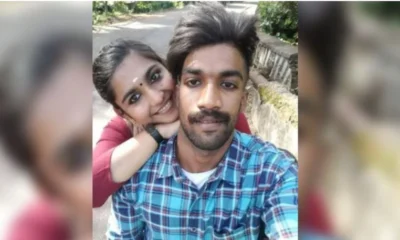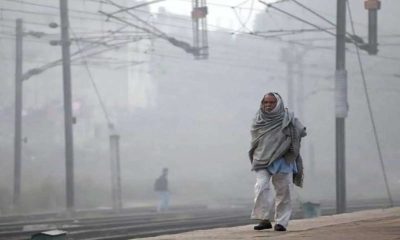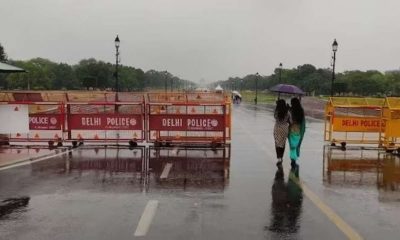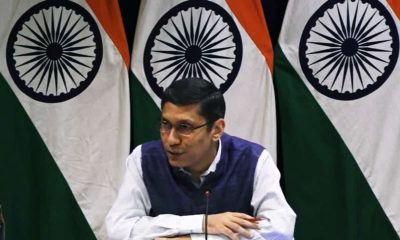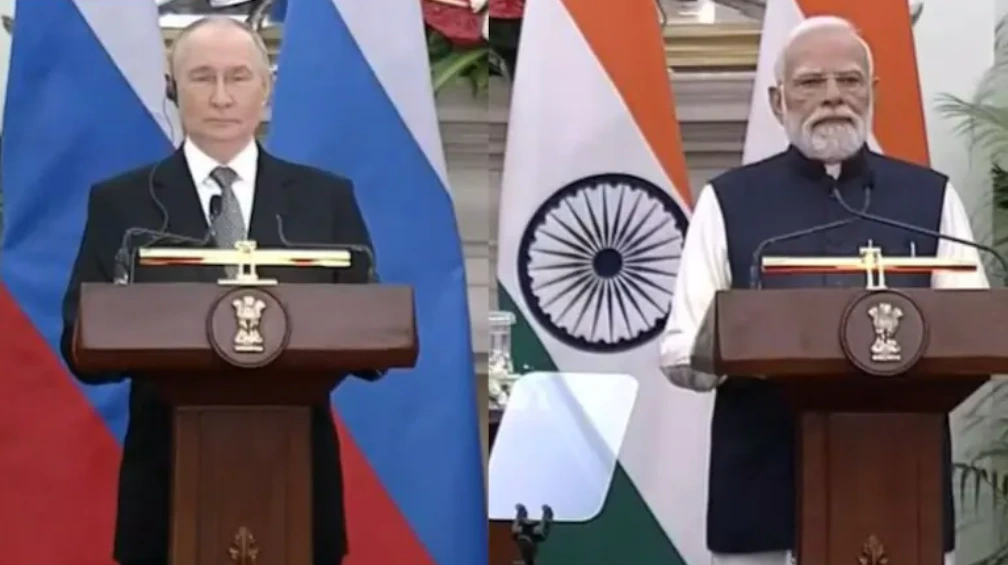India News
Nithari murders: Death sentence for Moninder Pandher, Koli in ninth case
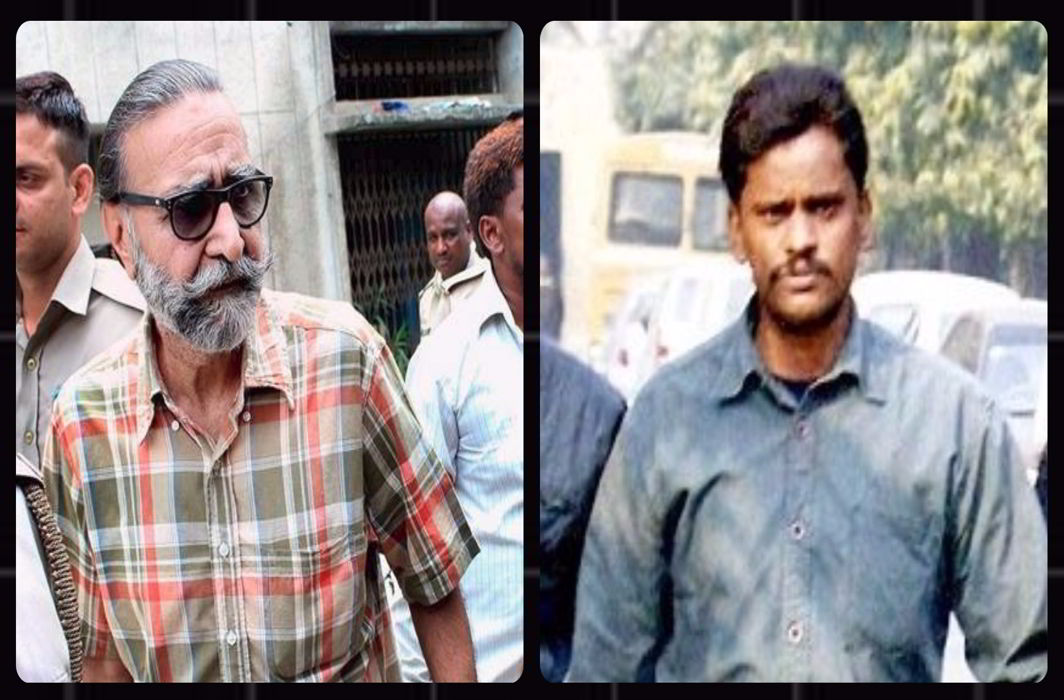
India News
India and Russia vow to walk together against terrorism, reaffirm strategic partnership
PM Modi and President Putin reaffirm India-Russia unity against terrorism, deepen energy and trade cooperation, and discuss peace efforts amid the Ukraine conflict.
India News
RBI cuts repo rate to 5.25%, paving the way for cheaper loans
The RBI has cut the repo rate to 5.25%, aiming to support growth as inflation softens. The central bank also raised GDP projections and announced liquidity-boosting measures.
India News
IndiGo flight chaos deepens as over 500 services cancelled, passengers stranded for hours
Over 500 IndiGo flights were cancelled nationwide, leaving passengers stranded without food, clarity or their luggage as airports struggled to manage the disruption.
-
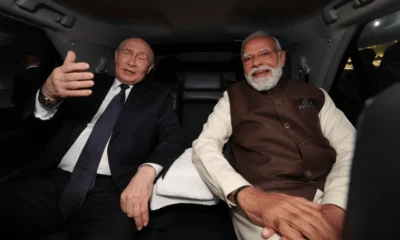
 India News21 hours ago
India News21 hours agoPM Modi welcomes Vladimir Putin with warm hug as Russian President begins India visit
-
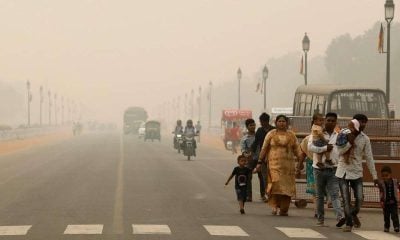
 India News20 hours ago
India News20 hours agoDelhi to install 305 mist sprayers across 9 major pollution hotspots
-
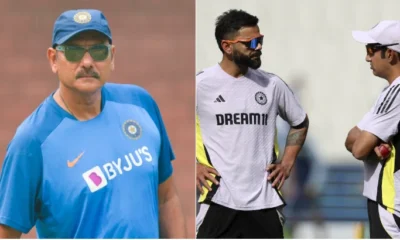
 Cricket news20 hours ago
Cricket news20 hours agoRavi Shastri warns critics against messing around with Virat Kohli and Rohit Sharma
-

 India News6 hours ago
India News6 hours agoIndiGo flight chaos deepens as over 500 services cancelled, passengers stranded for hours
-
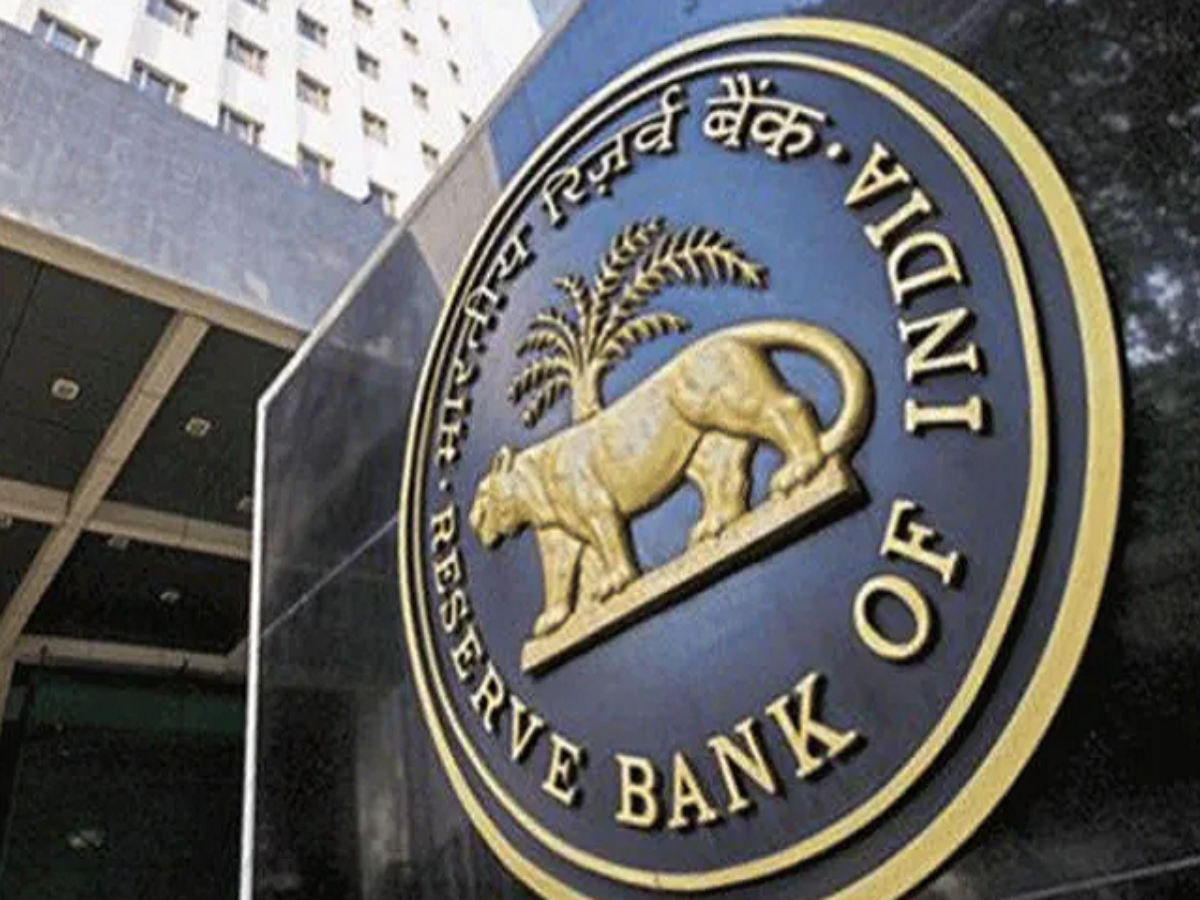
 India News5 hours ago
India News5 hours agoRBI cuts repo rate to 5.25%, paving the way for cheaper loans
-

 Latest world news5 hours ago
Latest world news5 hours agoAsim Munir appointed Pakistan’s first Chief of Defence Forces, to serve 5-year term
-
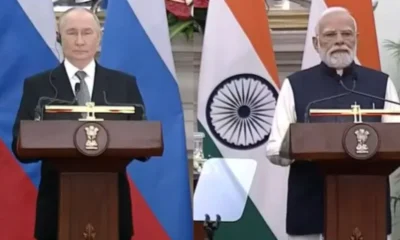
 India News16 mins ago
India News16 mins agoIndia and Russia vow to walk together against terrorism, reaffirm strategic partnership
-

 Entertainment8 mins ago
Entertainment8 mins agoDhurandhar review: Ranveer Singh roars back, Akshaye Khanna shines in intense spy thriller

